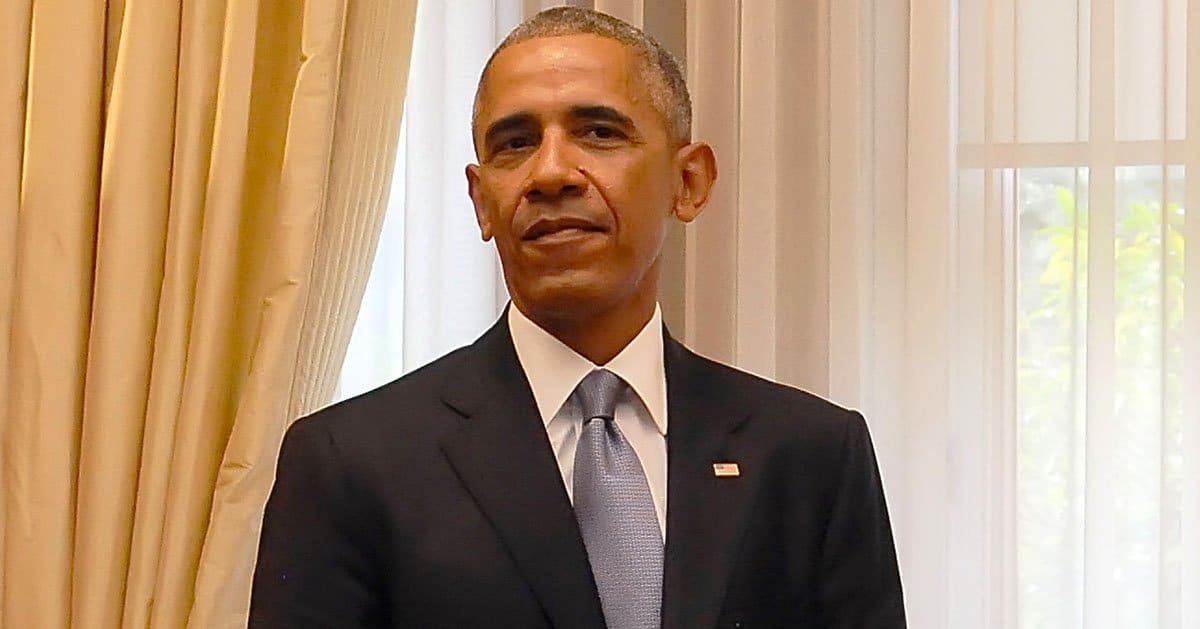Smith wants Cannon gone as, unlike most of the judges Trump has dealt with, she isn't notably biased against Trump and invested in stopping him from winning the 2024 presidential election.
Judge Cannon's Calculated Move
The motion, dismissed by Cannon, argued that the Department of Justice (DOJ) had improperly turned what was deemed a bureaucratic dispute into a criminal allegation. Trump's defense contended that the escalation was unwarranted, seeking to have the charges dropped entirely.
However, Cannon's ruling was not just about the motion at hand. She notably refrained from issuing a court order on a related matter, which could have provided DOJ Special Counsel Jack Smith with a basis to appeal and potentially challenge Cannon's jurisdiction over the case.
Controversy Over Jury Instructions
Central to the legal discourse is Trump's defense, positing that he had the authority to declare any government document as "personal." This stance, initially championed by conservative activist Tom Fitton, found its way into courtroom discussions, shaping the debate over potential jury instructions.
Cannon's approach to this defense has been under scrutiny, with suggestions for jury instructions that could significantly influence how classified documents are viewed and treated during the trial. These proposed instructions sparked a reaction from DOJ Special Counsel Jack Smith, who expressed concerns over their impact on the integrity of the case.
Smith's objections highlight the tension between the trial's stakeholders, emphasizing the stakes involved in Cannon's handling of the jury instructions. The Special Counsel sought immediate clarification, aiming to safeguard the trial's fairness and potentially lay the groundwork for an appeal.
An Unprecedented Legal Challenge
The Eleventh Circuit Court of Appeals, known for reversing Cannon's decisions in the past, looms over these proceedings as a potential avenue for appellate review. Cannon's defense of her jury instruction proposals underscores the complex nature of the case and her commitment to ensuring a comprehensive understanding of the issues at hand.
By avoiding an official order on the jury instructions, Cannon sets a course that may influence the trial's trajectory without opening a direct path for an appeal before critical decisions are made. This strategic choice keeps the trial's timeline uncertain, reflecting Cannon's broader approach to managing this contentious legal affair.
Delays and Legal Maneuvers
The implications of Cannon's actions extend beyond the immediate legal arguments to the procedural aspects of the trial. By delaying the review of evidence and postponing decisions on key issues, Cannon has introduced a level of unpredictability into the proceedings.
This methodical pace has ramifications for both the defense and prosecution, as they navigate the legal landscape shaped by Cannon's rulings and strategic decisions. The balance between expediency and thoroughness in legal proceedings is a delicate one, highlighted by this case's developments.
In conclusion, Judge Aileen M. Cannon's handling of former President Donald Trump's trial has underscored her judicial acumen and strategic foresight. Rejecting Trump's motion to dismiss the case, she navigated legal complexities without enabling a potential challenge to her position. Her consideration of Trump's unique defense and cautious approach to jury instructions reflects a commitment to legal clarity and procedural integrity. As the case progresses, all eyes remain on Cannon's courtroom, where the outcomes of these decisions will undoubtedly shape the trial's direction and its place in legal history.








